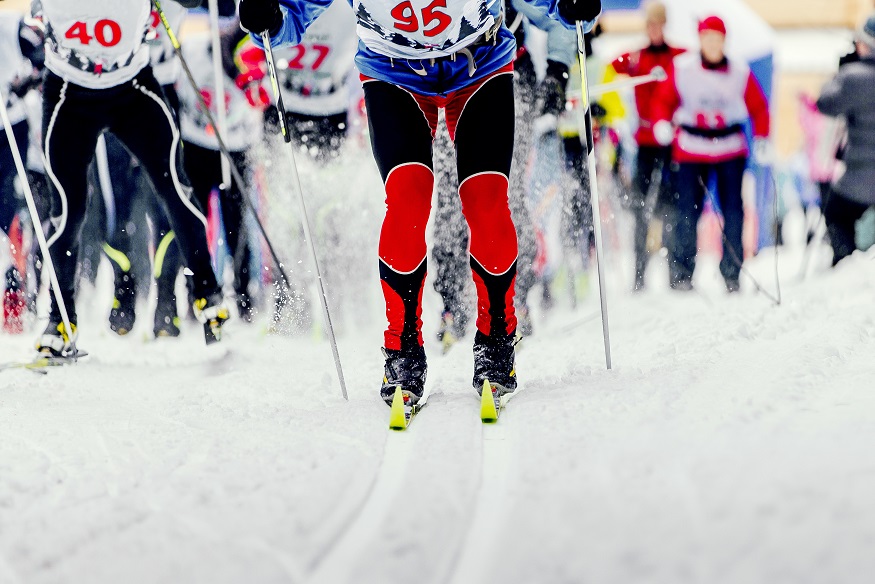Competing with concussion symptoms
A study of former collegiate athletes in Ontario discovered 44.9% competed despite experiencing concussion symptoms. Consider how changing group norms can support effective concussion management in the SIRC blog, and access concussion prevention and management resources on SIRC’s concussion hub.
Sleep and concussion recovery
Getting a good night’s sleep is important for athletes recovering from a concussion, but many athletes struggle to get quality sleep following their injury. Improving sleep hygiene, including creating a regular pre-bed routine, avoiding technology before bed, and optimizing your sleep environment, can improve sleep patterns to help the brain recover and allow athletes to…
Subconcussive impacts in boxing
Assessments of the motor control and cognitive function of boxers before and after a nine-minute sparring session showed short-term impairment to brain-to-muscle communications and decreased memory performance. The findings help understand how subconcussive impacts — those that are below the concussion threshold — may have immediate effects on the brain.
Female athletes seek treatment later
New research discovered female athletes seek specialty medical treatment later than male athletes for sport-related concussions, which may contribute to worse symptoms and longer recoveries. These findings reinforce the importance of early identification and the implementation of concussion management plans and protocols.
Soccer balls and concussion
The average soccer player heads the ball 12 times in a game, and each header carries up to 100g acceleration – enough to cause serious brain damage. New research from Purdue University shows that deflating balls to pressures on the lower end of ranges enforced by soccer governing bodies, and replacing them when they get…
Concussion research
“The reality is there simply aren’t nearly enough qualified physicians to provide timely assessments for athletes hoping to return-to-play after a sports concussion…For athletes and parents frustrated with long waiting lists to see a doctor or nurse practitioner, [a role for team therapists in return-to-play decisions] is a potential game changer.” Dr. Pierre Frémont from…
Protective effects of nutrition
In American football, measurements revealed youth and college-level athletes experienced anywhere from 100-1,000 head impacts during the season. That trauma can add up, risking long-term impacts on brain health, including cognitive, emotional and behaviour difficulties and dysfunction. Consider the role of nutrition in protecting against repetitive sub-concussive injury.
Happy New Year
Welcome to 2021! The SIRC team is looking forward to an exciting year of keeping you informed with the latest news, research, and jobs from the sport community across Canada. Be sure to follow us on Twitter, LinkedIn, and Facebook. In case you missed it, be sure to check out our Looking Back – 2020…
Looking Back – 2020 SIRC Content Highlights

Although 2020 was a challenging year, it was rich with learnings and silver linings for the Canadian sport and physical activity sector. Featured below are highlights of SIRC’s top content from the last 12 months. Whether you’re looking for insightful reading during a quiet moment over the holidays, or a quick video to get your…
Concussion Under-Reporting
A team that consistently emphasizes a “win at all cost” attitude could be a team that has developed a tendency to turn a blind eye to injury, reinforcing under-reporting of concussion by members. Recent studies suggest an alarming trend in youth sport for athletes to “power through” symptoms, jeopardizing their own heath for the perceived…